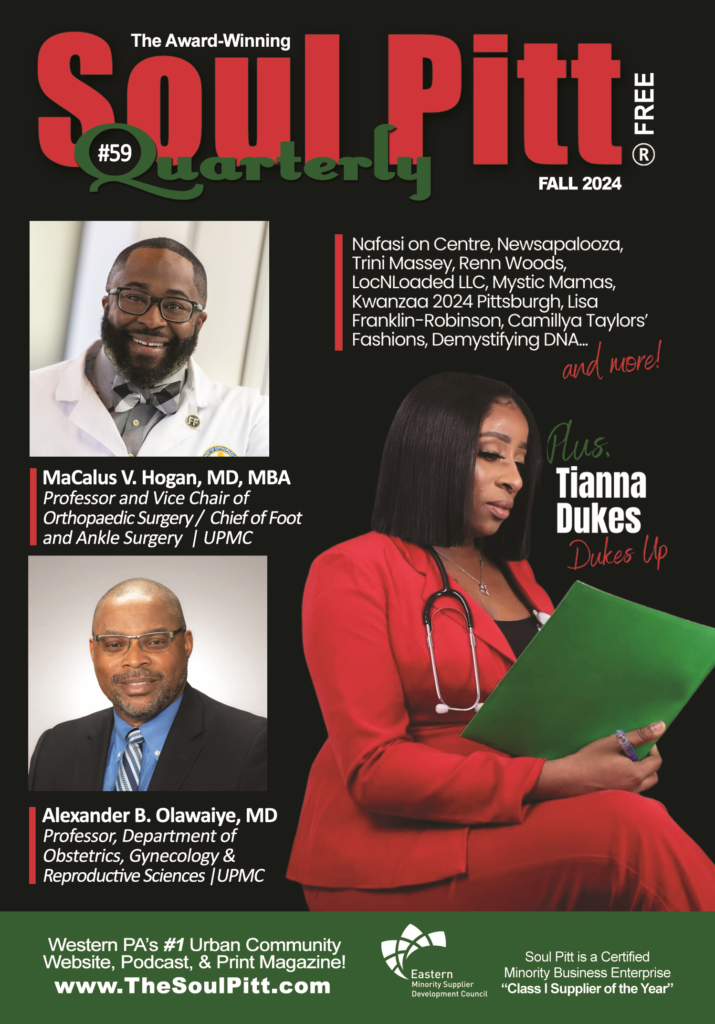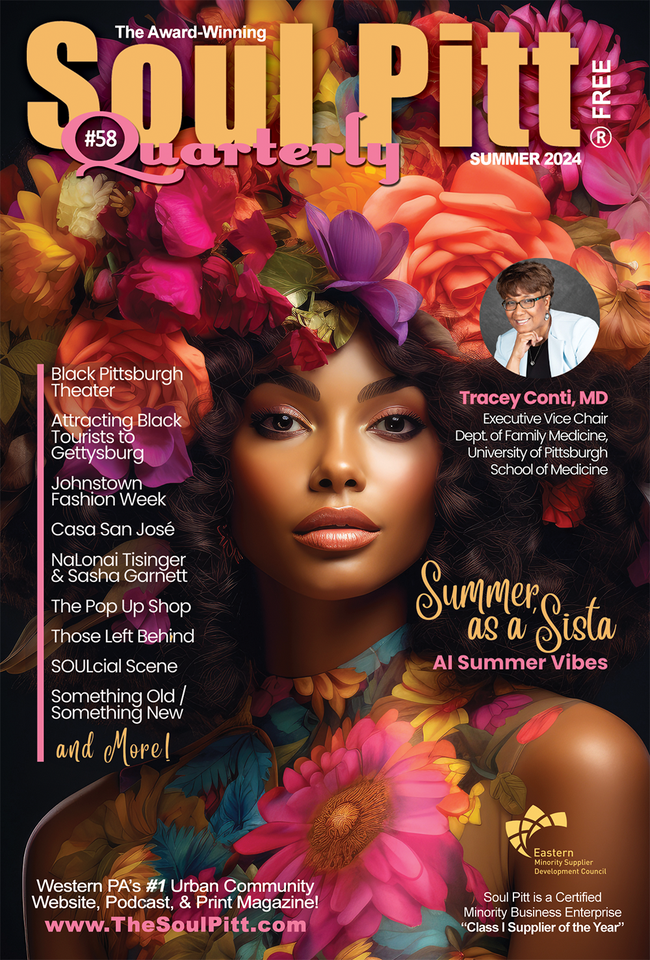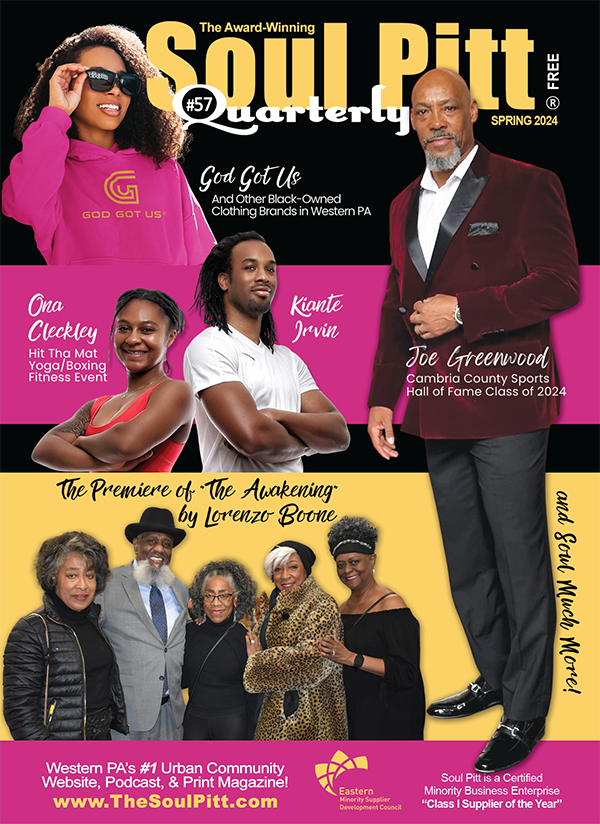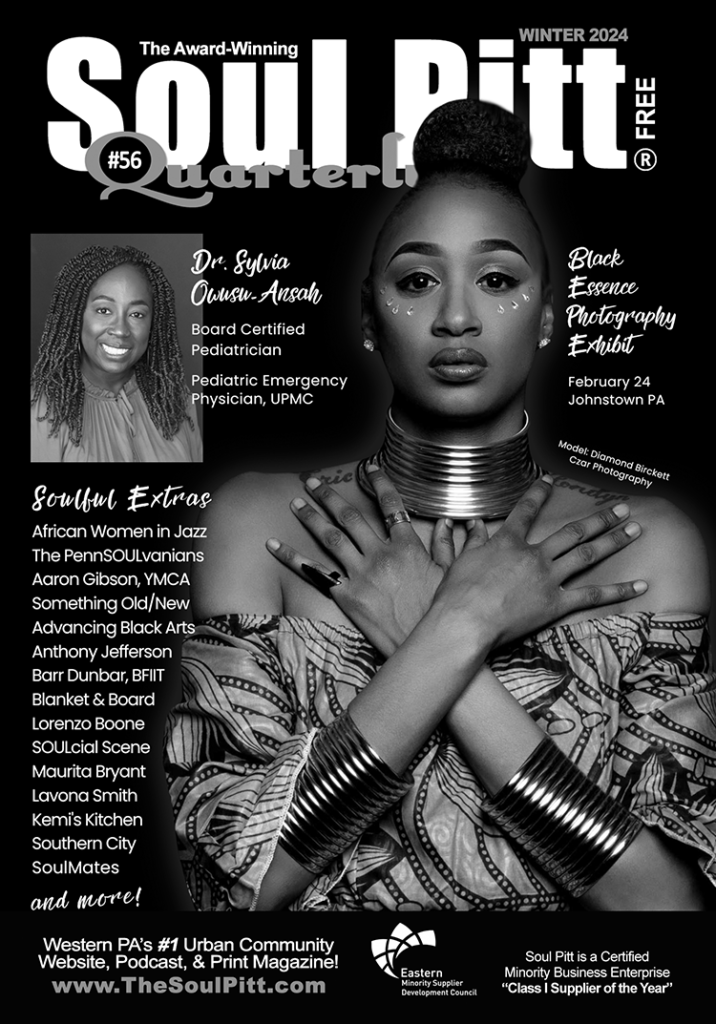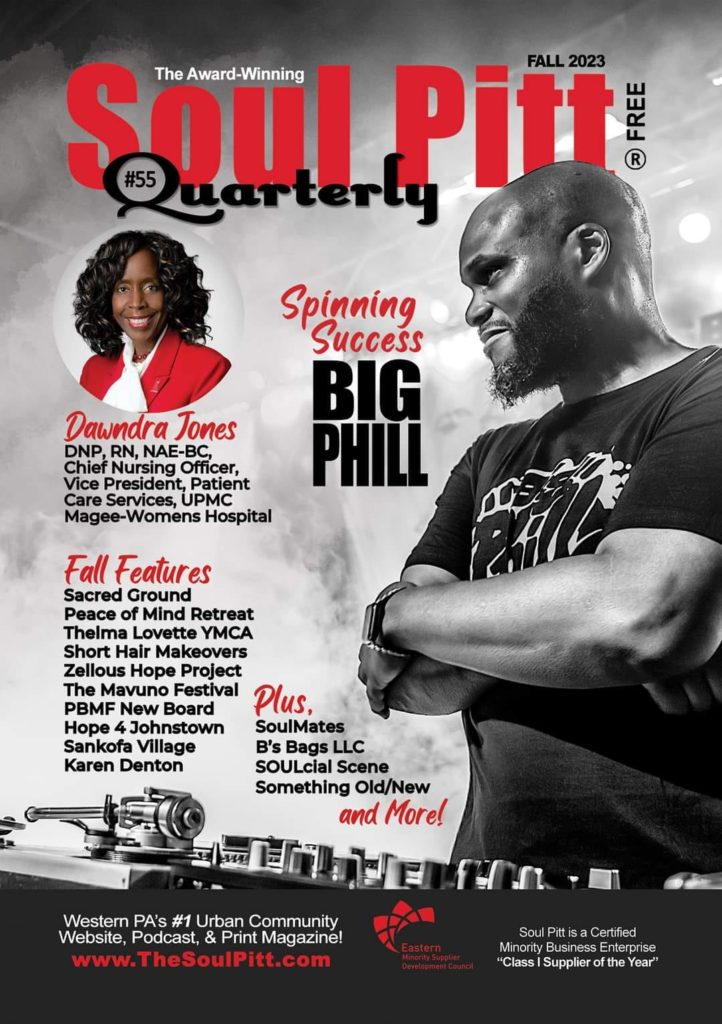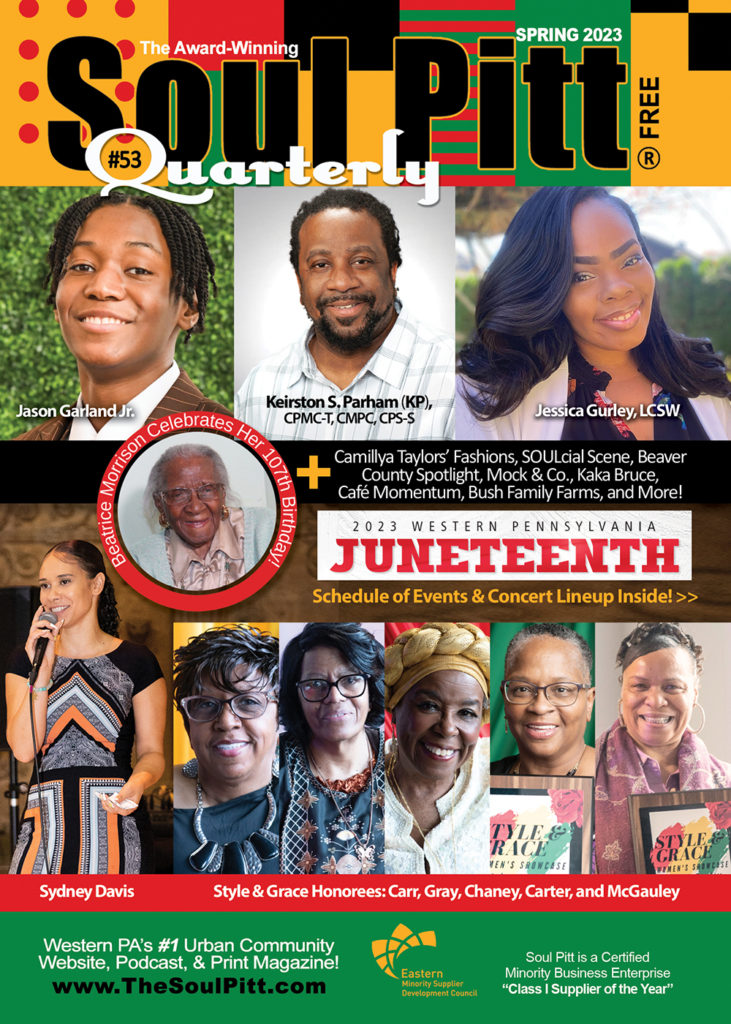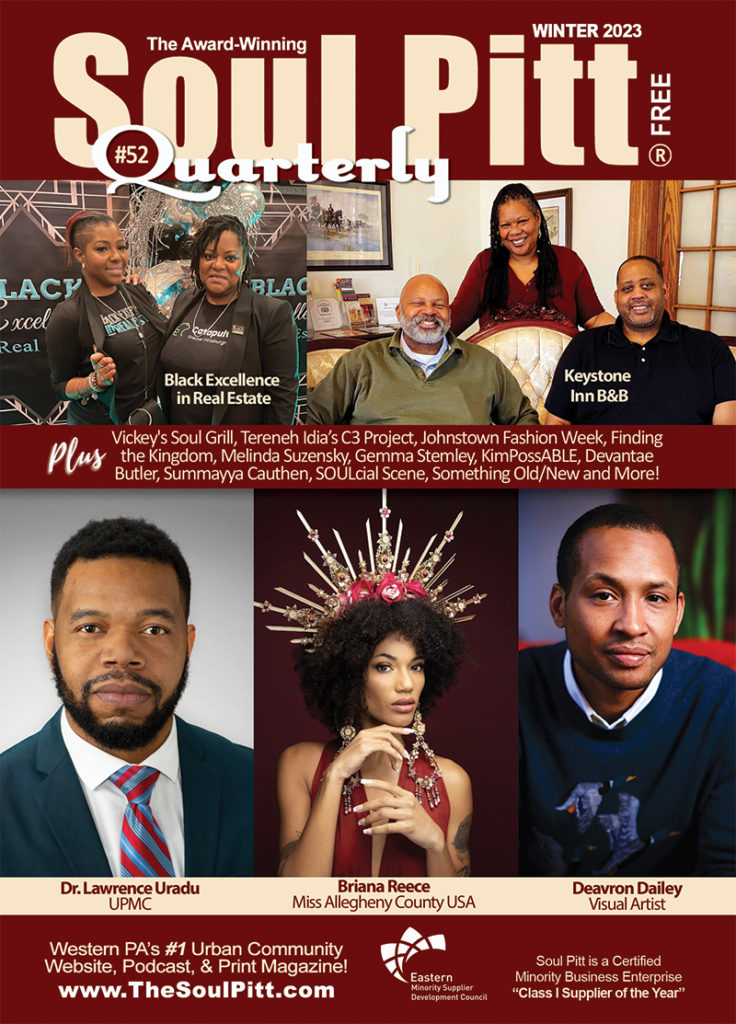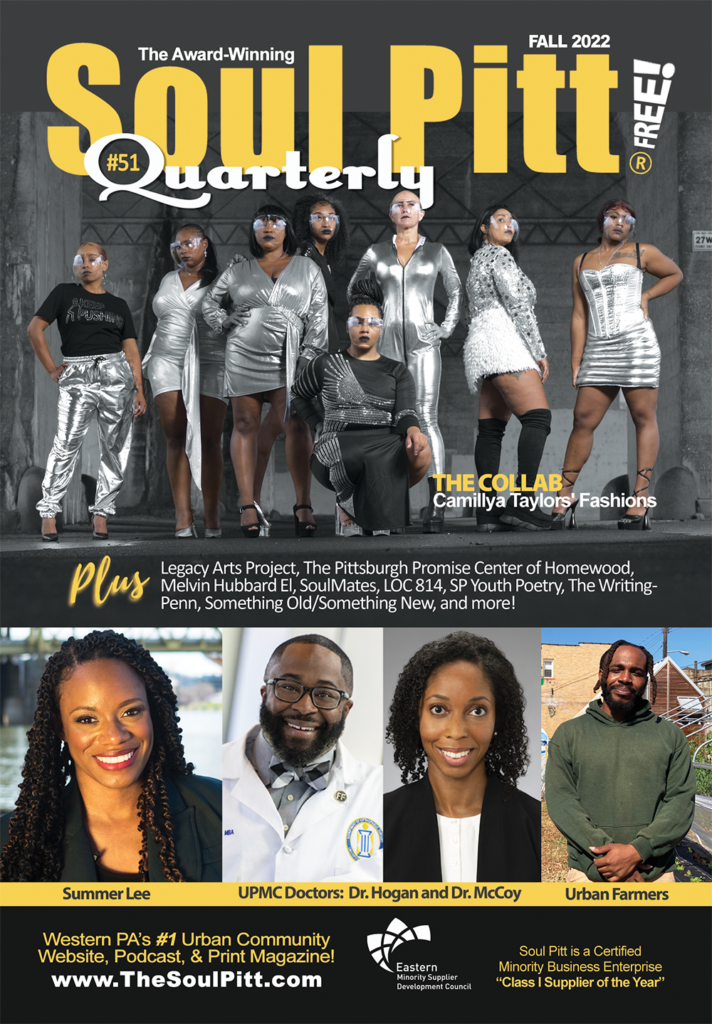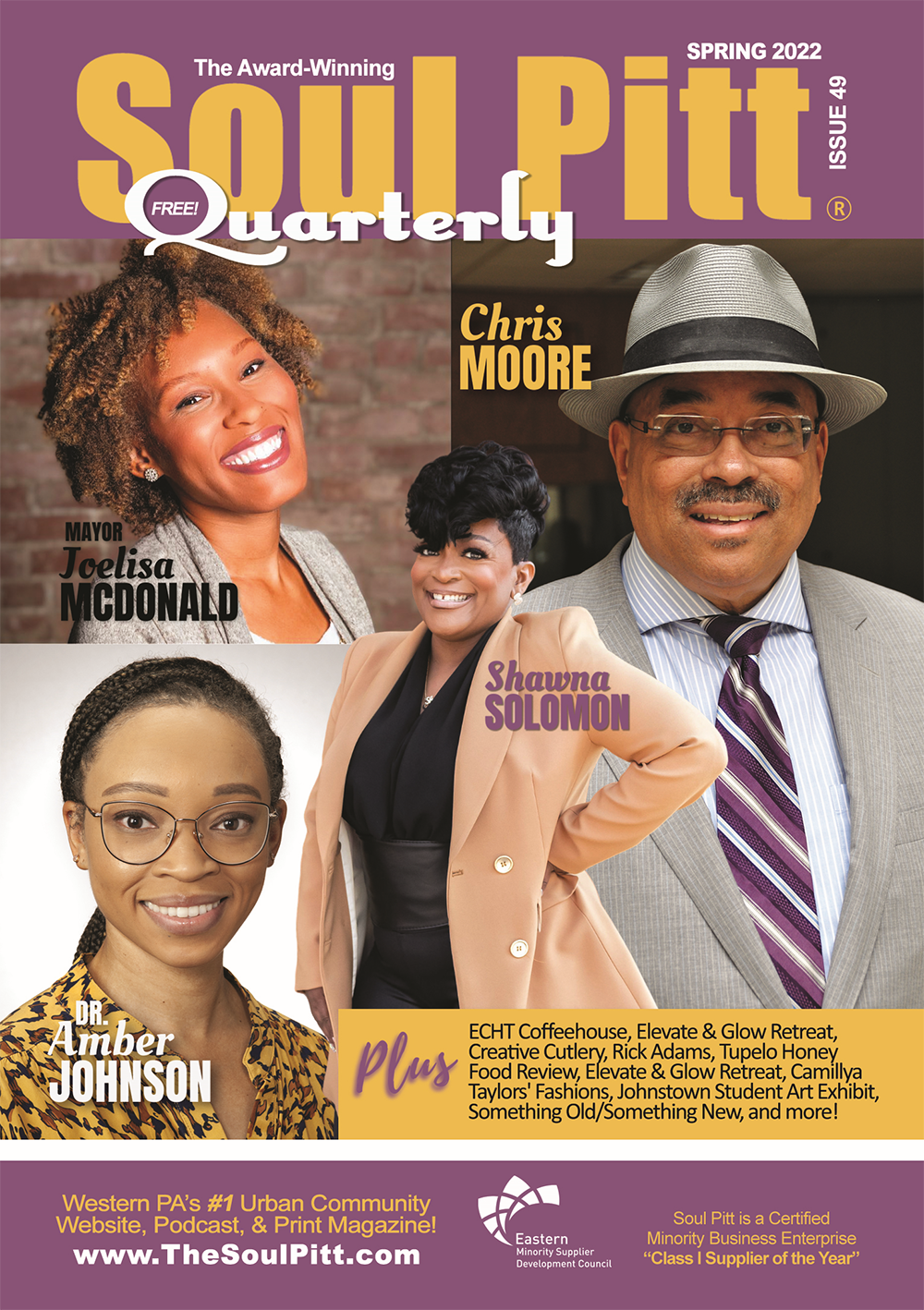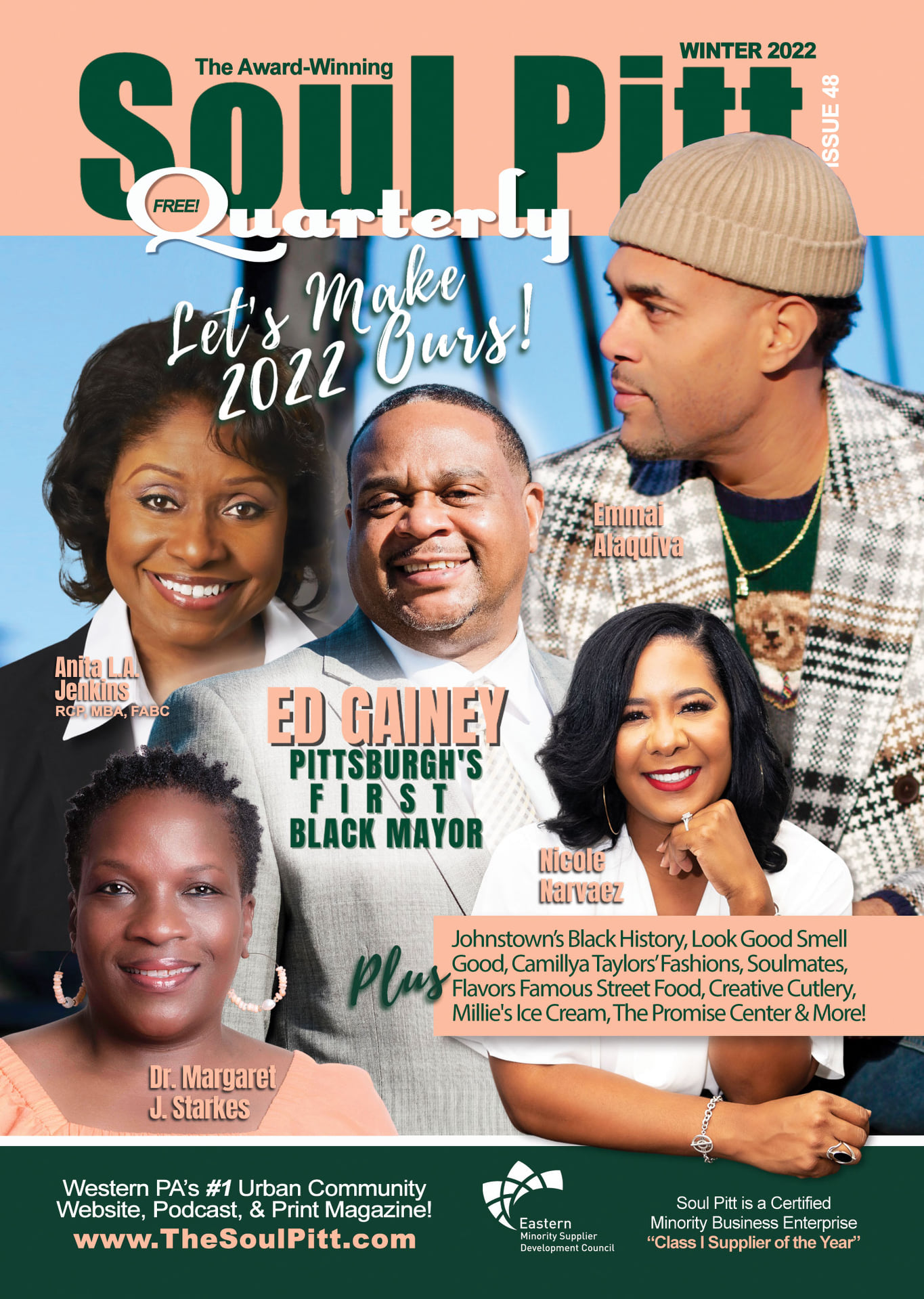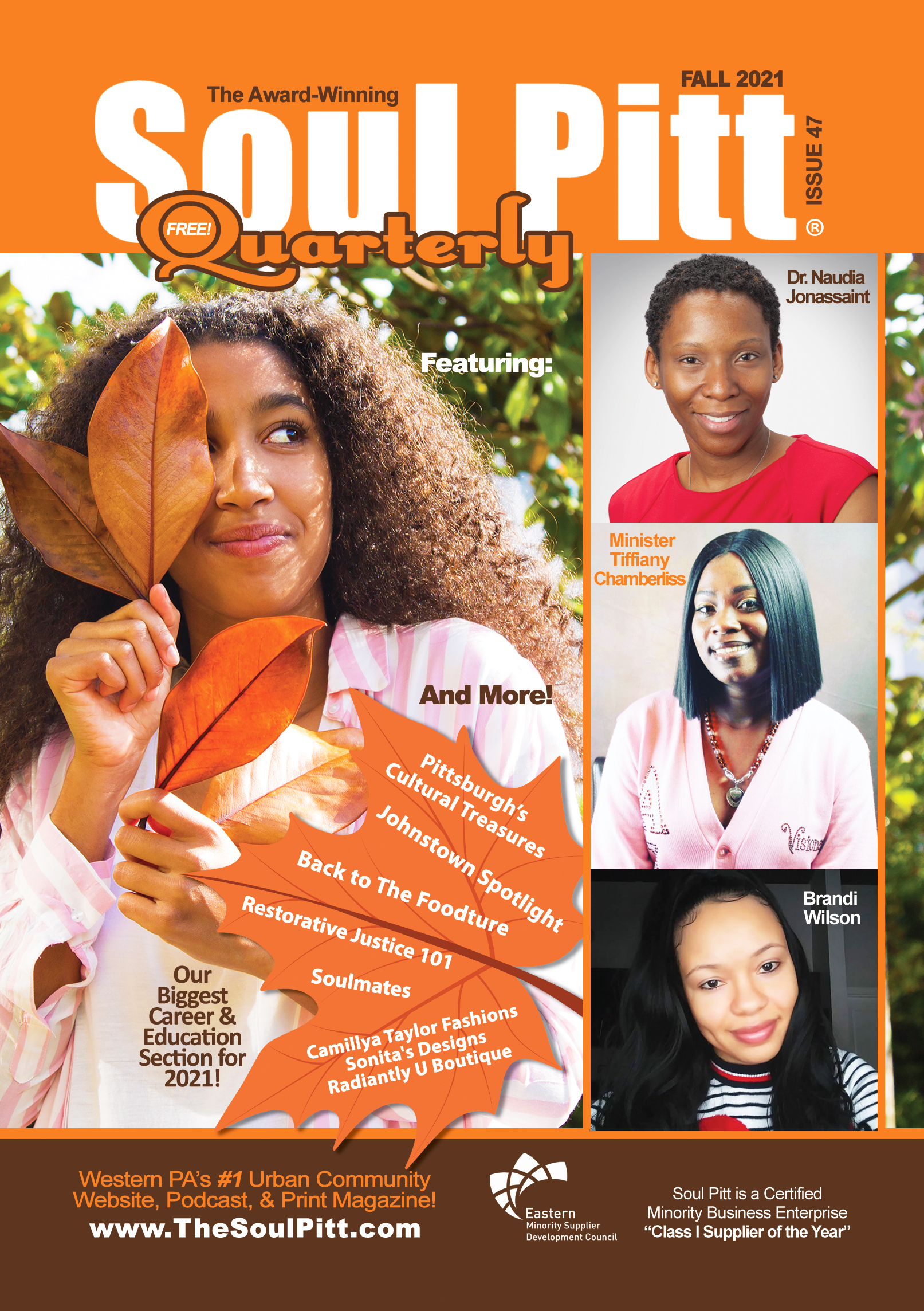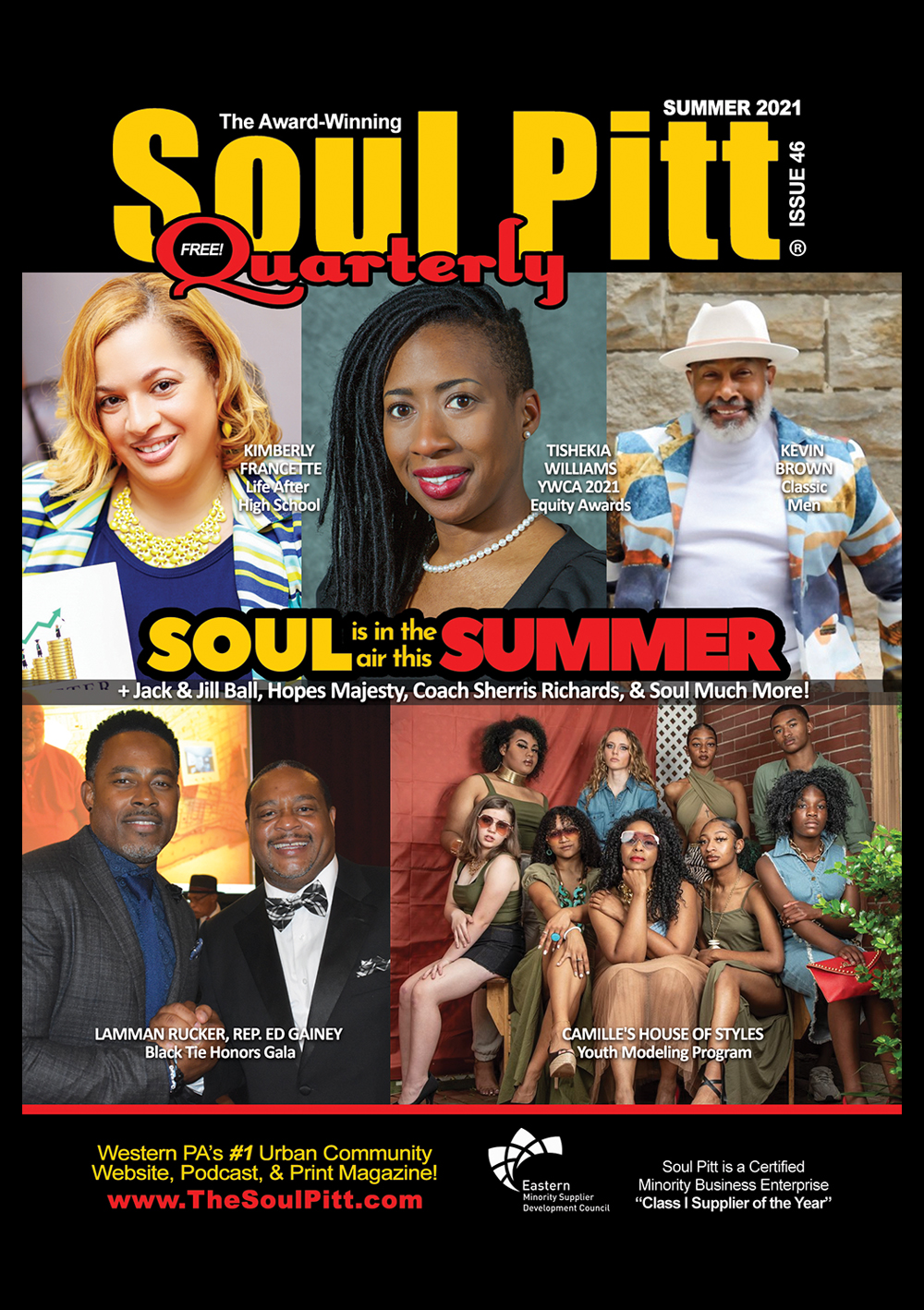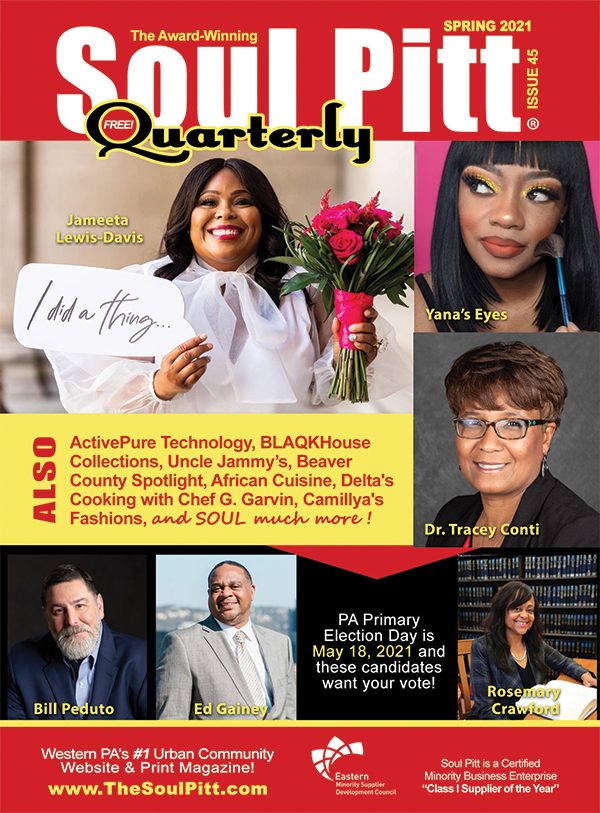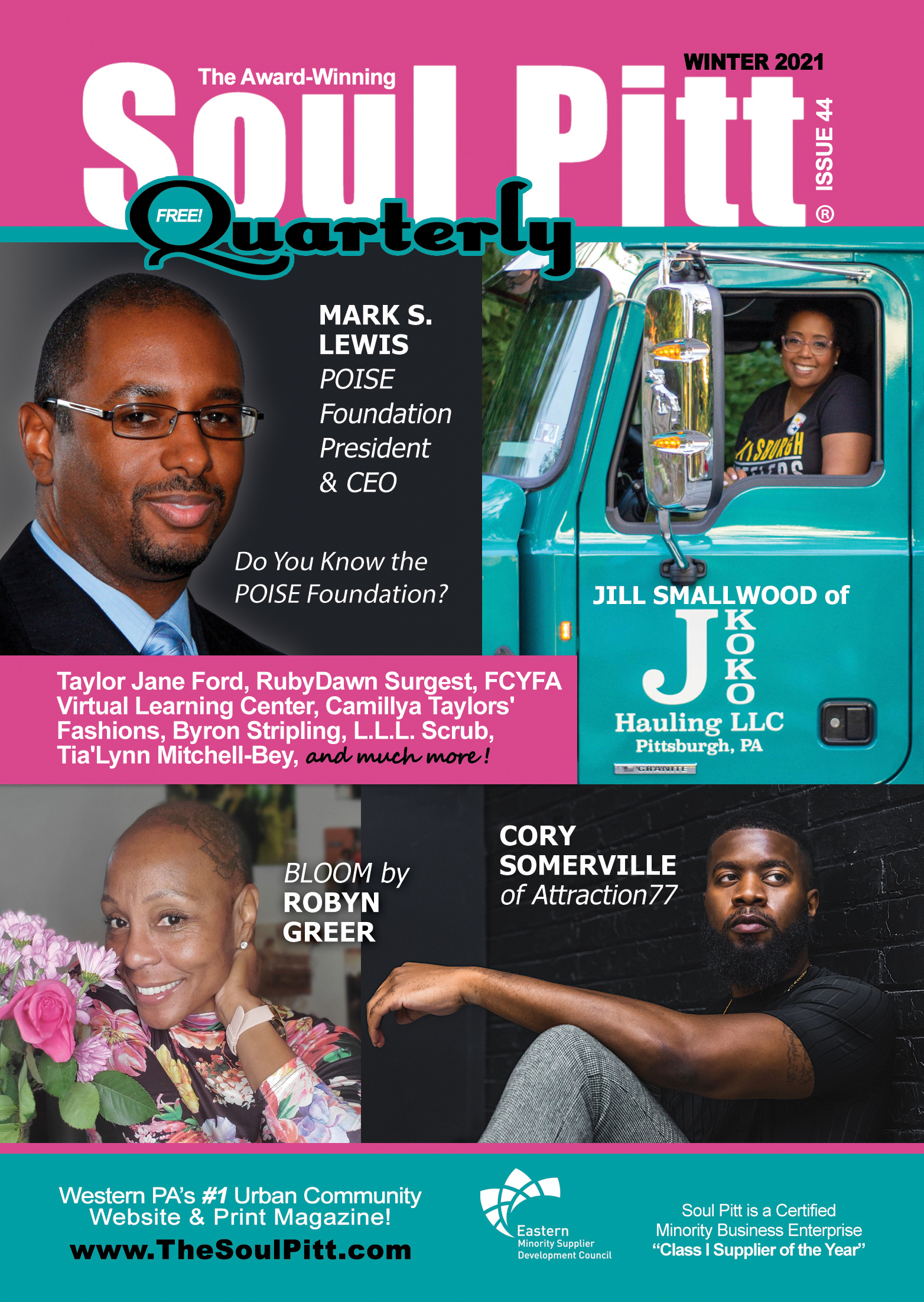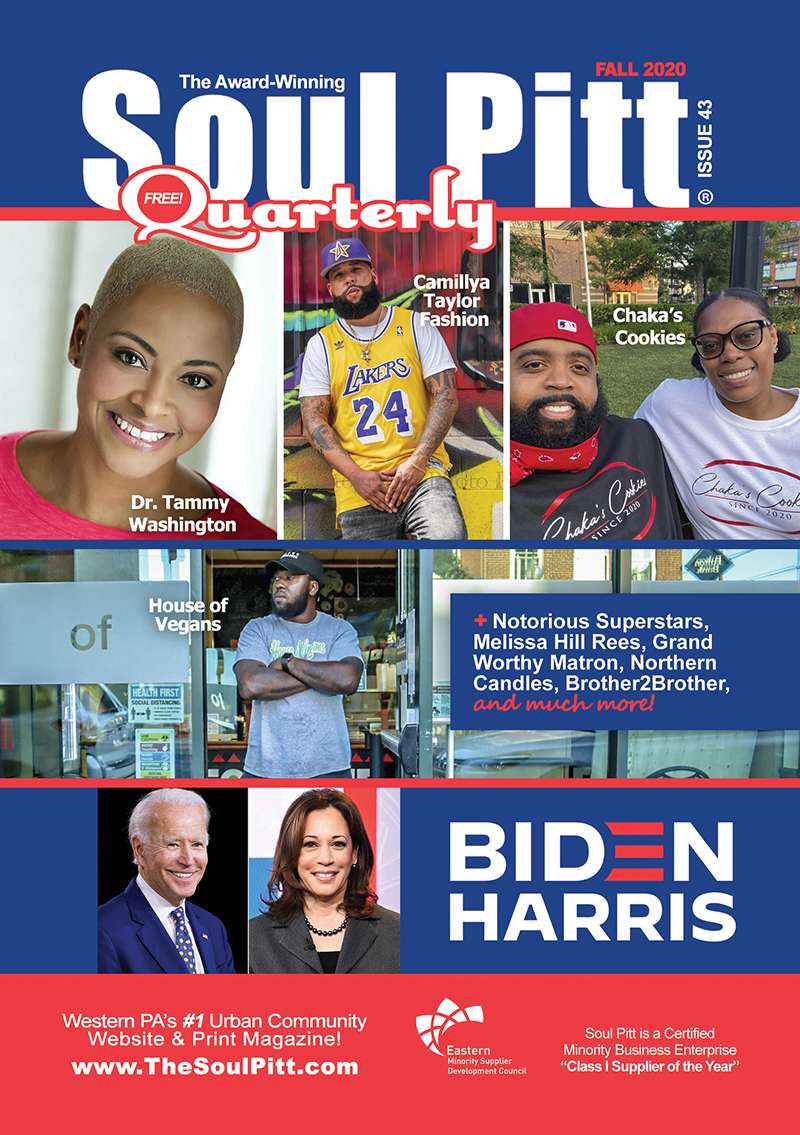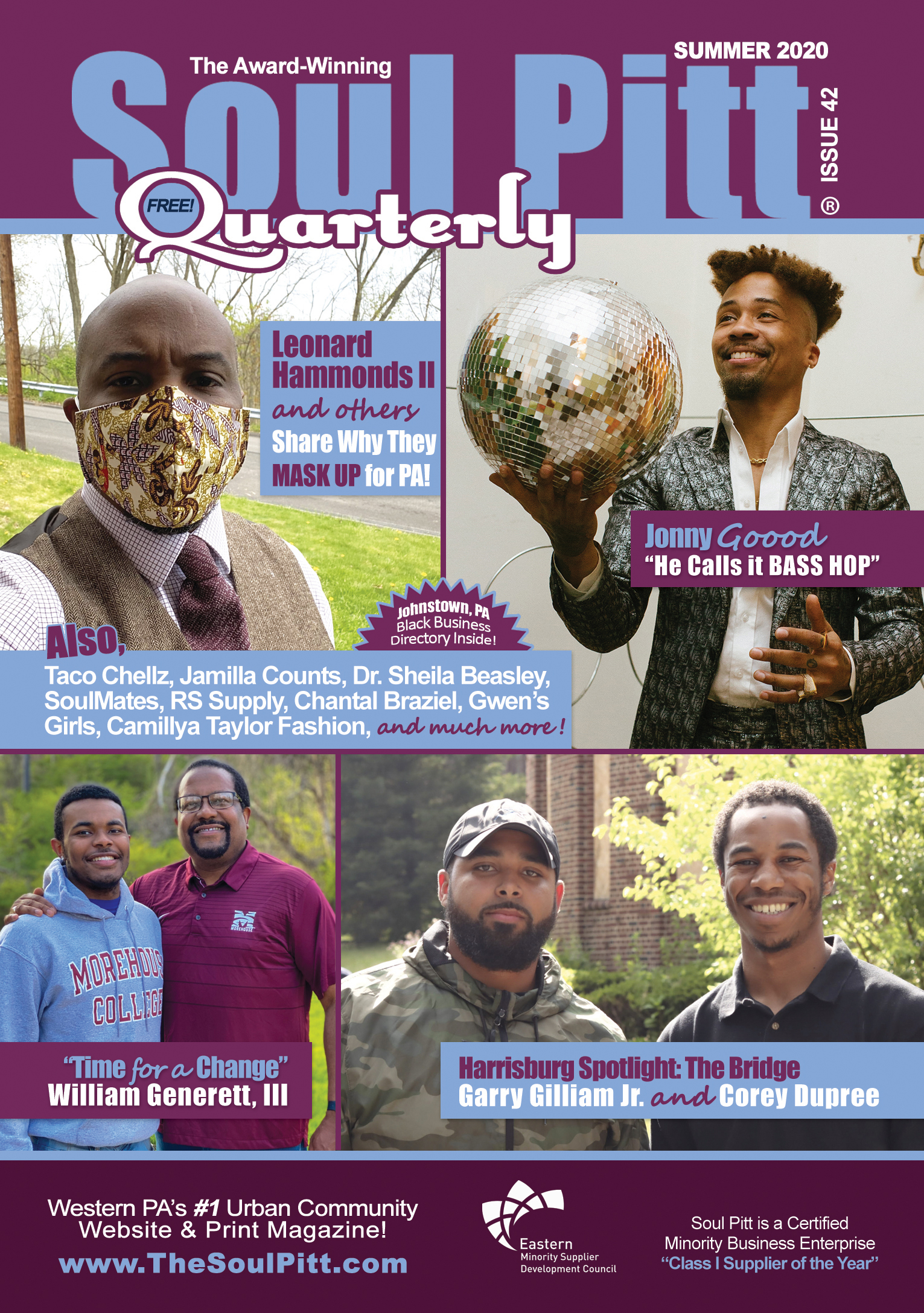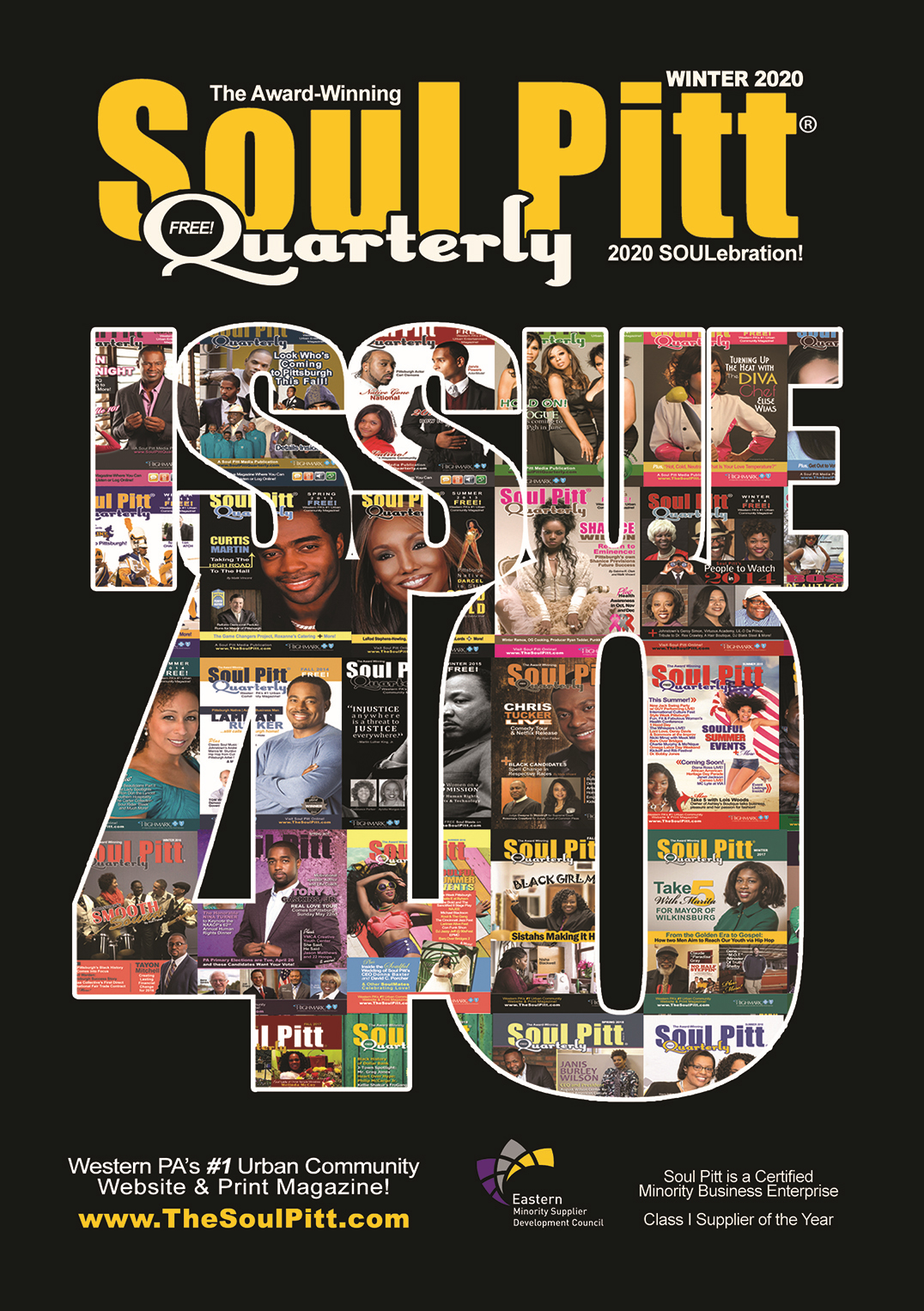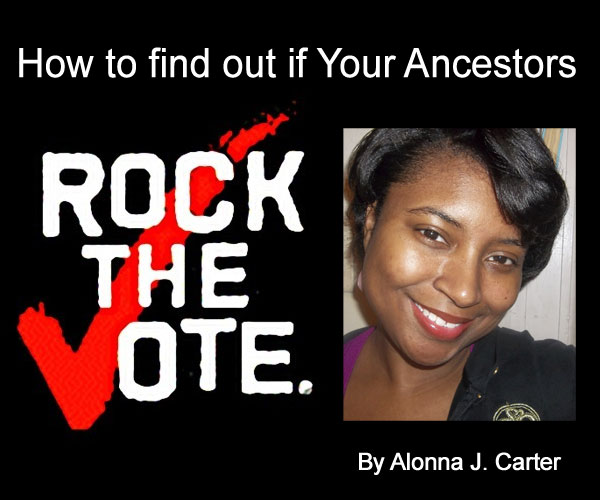 African-Americans and other minorities have long been key constituents in election years. Our population, though small yet growing, has the power to literally change the direction and outcome of a potential victory—if we actually get out and vote. It is well known that the journey toward even having to right to have our voices heard was not one that was easy. For that reason, it is important that we not take what our ancestors had to fight and sometimes pay the ultimate price for, for granted.
African-Americans and other minorities have long been key constituents in election years. Our population, though small yet growing, has the power to literally change the direction and outcome of a potential victory—if we actually get out and vote. It is well known that the journey toward even having to right to have our voices heard was not one that was easy. For that reason, it is important that we not take what our ancestors had to fight and sometimes pay the ultimate price for, for granted.
After Emancipation, many African-Americans were just beginning to figure out what they would do with their new lives. The change that took place might have been one filled with mixed emotions; it was wonderful to be able to decide what one’s day to day look liked without a say from the master or overseer, but it must have also been overwhelming to think about where to go, what to do and how you would continue to provide for your family. Furthermore, the United States, though ensuring this freedom, was not always very quick to grant all of the rights and perks that came with being free. In fact, African-Americans, though made American citizens in 1866, were not granted the right to vote until 1870. However, African-American women were excluded as the Fifteenth Amendement only allowed African-American men the right.
Many states, especially in the southern U.S. came up with outrageous roadblocks such as literacy tests and poll taxes to keep African-Americans from voting. At worst, thousands of African-American men and their families were sometimes terrorized, threatened, or even killed when they attempted to do so. Even so, countless champions fought and died to make what they were promised after Emacipation, a reality. In 1965, The Voting Rights Act was signed into law by President Lyndon B. Johnson, ensuring that no one, regardless of race would be discriminated against when election time came around. Whether or not the Voting Rights Act is violated today, is a debateable question and one that continues to ignite controversy. However, in this election year, it is fitting that one takes a look at their ancestors and their contribution to politics.
A great place to look to see if your ancestor attempted to vote is through county records. Many counties will have list of people who registered to vote in an election year. This is applicable and helpful when you are looking for an ancestor after Emancipation. For instance, I found my 3rd great grandfather registered to vote in Jefferson County, Alabama in 1870. I was pleased to also learn that many of his family members were registered as well. Many of these lists can be found on on-line genealogy websites, but for deeper information it is better to actually visit the place where the records are kept.
The second best resource would be through newspaper listings. Website such as www.newspapers.com (yes that’s the real name), might have a printed list, or if your ancestor was ambitious and decided to run for office, you may find them there. Newspapers are also a great resource for information about taxes, property sales, and more. Unfortunately, sometimes these papers may have stories about efforts to disenfrachise African American voters. Though some stories can be painful and unbelievable, do not give up. The longer you research you may find that the same ancestor who was discrimated against triumphed somehow later on.
If you are unable to find information in either of these two sources, then you can do some research into the laws of the county or state that your ancestors lived in to see if there were any reasons why your ancestors didn’t vote. What was the economy like? Were there any ordinances or enactments that prevented them from doing so? Sometimes getting to the root of the problem not only explains actions of the past but also those that affect present day descendants.
In closing, I remind my readers to remember that the right to vote was won by the blood, sweat, and tears of the brave souls who dared before us. They fought so that we could have a choice. This fall, make the right choice…and get to the polls.
Happy Researching!
Alonna J. Carter is a freelance writer who specializes in African American History and Geneaology. She can be reached at alonna.carter@gmail.com


